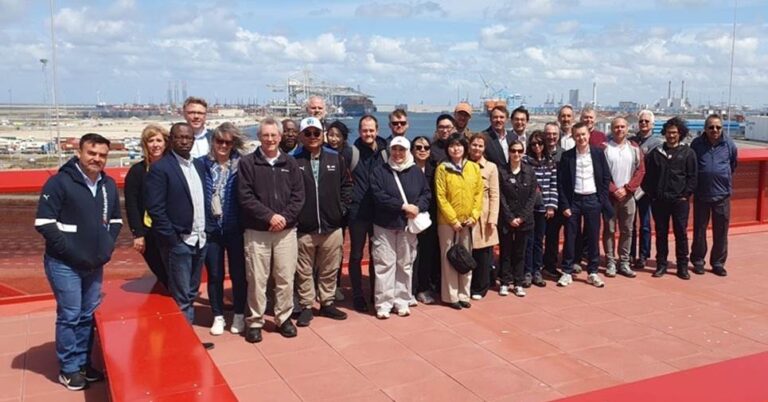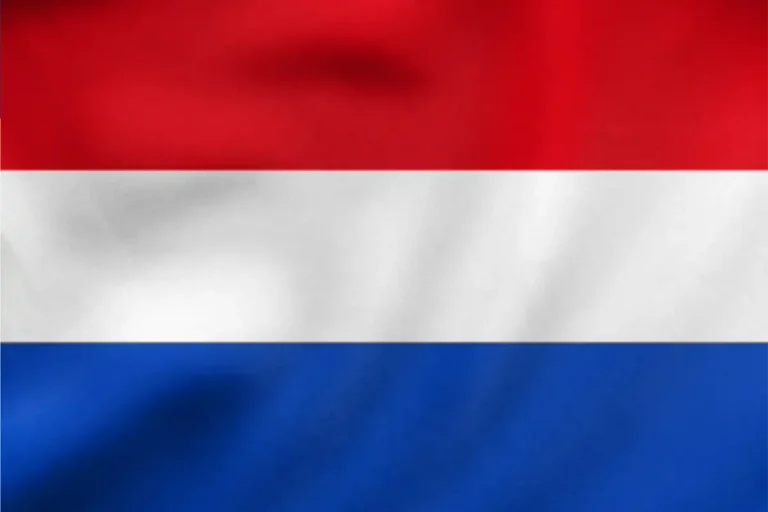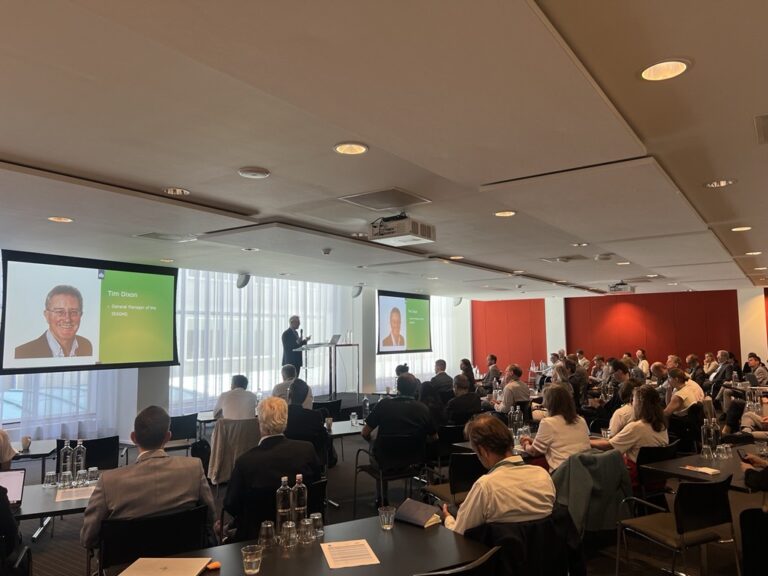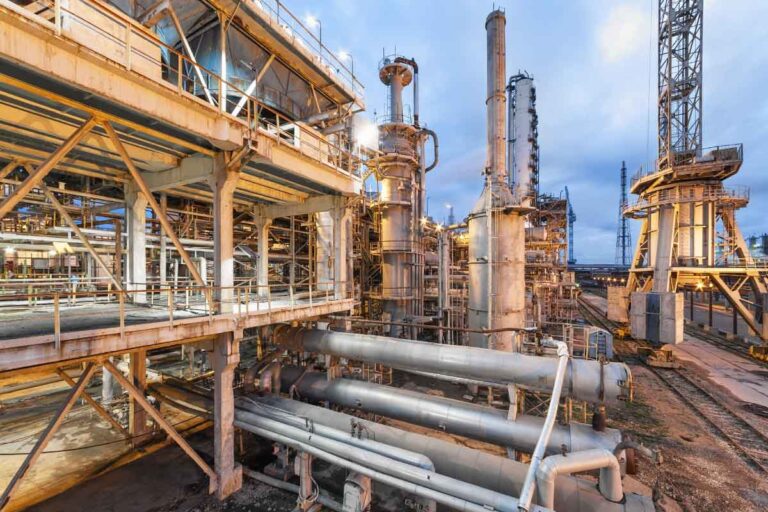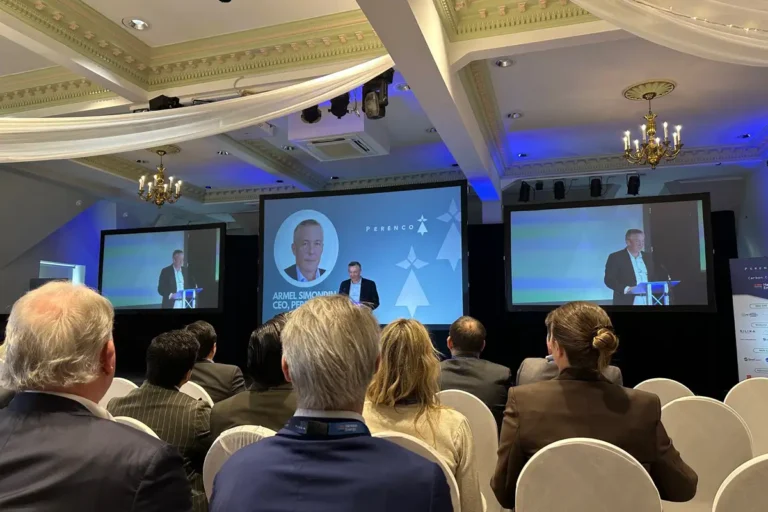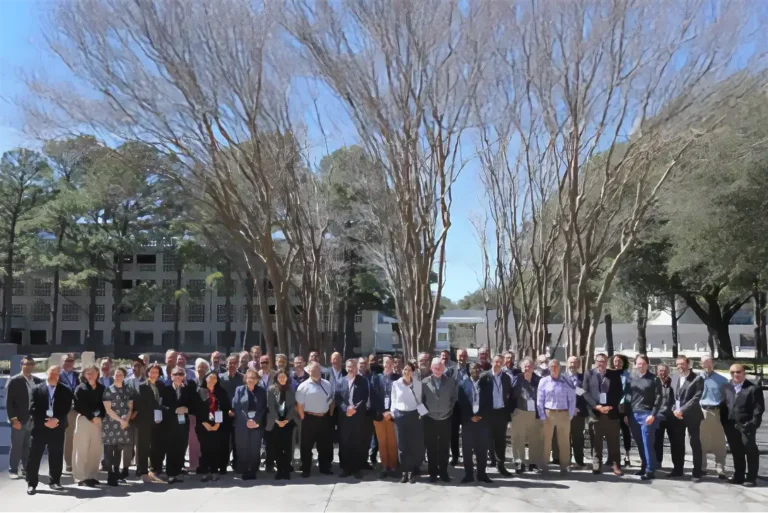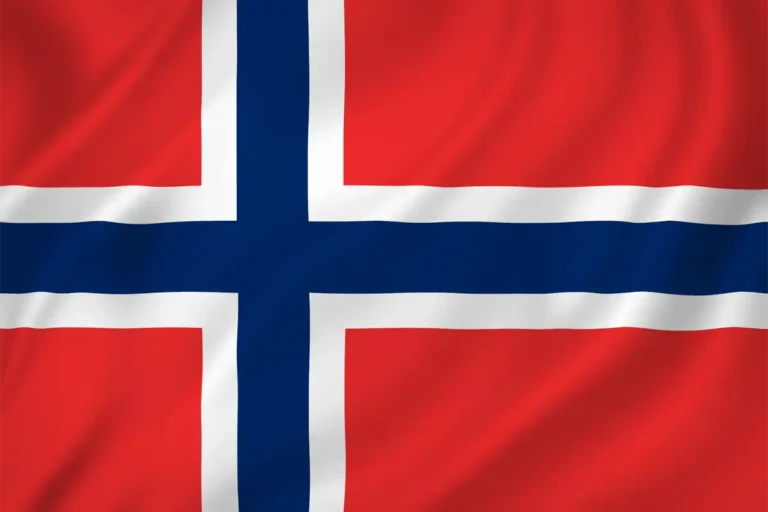
7th HTSLCN Meeting
13 September 2017

The high temperature solid looping cycles (HTSLC) network meeting covers technology developments in fields where a solid material is cycled between multiple reactors at elevated temperatures. The scope of the IEAGHG HTSLC Network is to discuss recent progress in solids looping cycles such as calcium looping and sorption enhanced reforming for selective CO2 transport and chemical looping combustion and reforming with selective oxygen transport by the solids. It brings together well-known technologies used in Fluid Catalytic Cracking, Circulating Fluidized Beds and Combined Cycles, in new ways, to increase efficiencies and provide opportunities to decrease the carbon-footprint of energy intensive processes.
IEAGHG’s 7th HTSLCN Meeting took place 4th – 5th September in Luleå, Sweden. 50 delegates attended the meeting, which was hosted by Swerea MEFOS in the Kulturens Hus in the town centre.
The first day started off with a welcome from the organisers IEAGHG and Swerea MEFOS and a keynote presentation from Matteo Romano (Politecnico Di Milano) on the application of high temperature sorbents in industrial and power plants. The following technical sessions covered calcium looping modelling and testing, chemical looping fundamentals and economics and environmental impacts of both technologies in detail. After a short panel discussion summarising the main conclusions of the first day, delegates enjoyed a delicious dinner. All while taken in the stunning sunset over the Luleå archipelago and listening to a couple of Anders Lyngfelt’s (Chalmers University) famous live songs on climate change and chemical looping.
The second day started similar to the first one with a keynote presentation. Paul Cobden (ECN) briefed everyone about the STEPWISE project, which aims at demonstrating sorption enhanced water gas shift technology for CO2 reduction in the iron and steel industry. Valuable information for the site visit in the afternoon but more on this later. Participants again split up to attend technical sessions on either sorption enhanced reforming fundamentals and testing, as well as chemical looping modelling and testing. Afterwards, everyone assembled for the final session on the application of biomass to solid looping technologies, which was identified as one of the hot topics of the meeting, next to flexibility, as it could enable achieving net negative emissions. The meeting was concluded with another short panel discussion and a presentation by Eva Sundin, CEO of Swerea MEFOS, giving an overview about the company’s activities and a safety briefing for the tour. Participants then boarded a bus bringing us to the site of SSAB’s steel plant, where the STEPWISE demonstration plant is located. After a short reception with refreshments, the STEPWISE plant was officially opened, the ribbon cut and delegates were given a tour around the facilities, including the control room, SEWGS column and compressor station.
Concluding from the panel discussions and technical sessions, it was noted that solid looping technologies now urgently need to move forward in term of scale. Especially since the progress appears to have stalled during the last 2 years with no new large pilot or demonstration plant having been announced. However, this development is not exclusively concerning solid looping technologies but rather all CCS technologies, as requests for technical details and costs have driven some researchers/engineer back to the lab. Negative emission through solid looping with biomass and flexible operation have been identified as the hot topics of this meeting. It is important that the HTSLCN community has started work on these topics. The forthcoming IPCC Special Report on 1.5°C will hopefully help to regain momentum for CCS technologies. Next to biomass, sorption enhanced reforming technologies appear as a promising near-term option to party replace conventional H2 production. Thus, opportunities for solid looping currently seem to be in the industrial sectors, rather than in the primarily targeted power sector.

Other articles you might be interested in
Get the latest CCS news and insights
Get essential news and updates from the CCS sector and the IEAGHG by email.
Can’t find what you are looking for?
Whatever you would like to know, our dedicated team of experts is here to help you. Just drop us an email and we will get back to you as soon as we can.
Contact Us NowOther articles you might be interested in
Get the latest CCS news and insights
Get essential news and updates from the CCS sector and the IEAGHG by email.
Can't find what you are looking for?
Whatever you would like to know, our dedicated team of experts is here to help you. Just drop us an email and we will get back to you as soon as we can.
Contact Us Now

